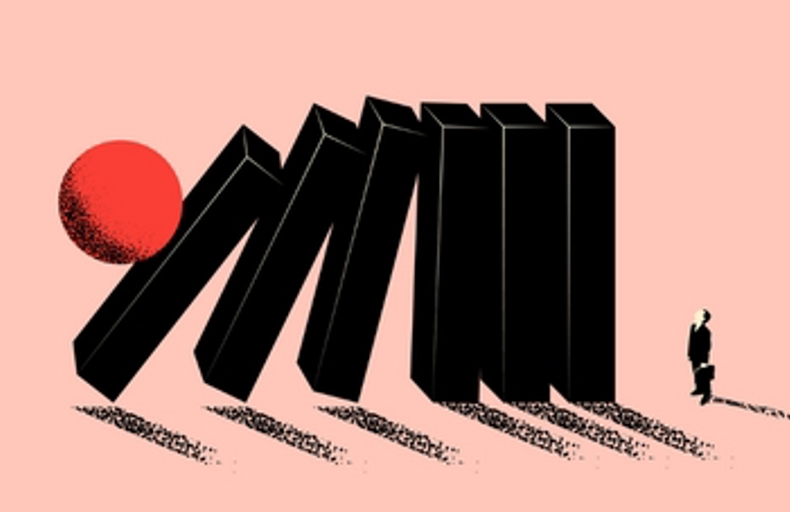Big changes ahead. Stay tuned!
Big changes ahead. Stay tuned!
Nothing here
Start typing to search
Searching..
Nothing matches
There are no matching results.
Sorry!
There has been an error.
Big changes ahead. Stay tuned!
Big changes ahead. Stay tuned!
Nothing here
Start typing to search
Searching..
Nothing matches
There are no matching results.
Sorry!
There has been an error.

The decline of Islamic Waqf and how to revive it
Today, our world is witnessing an unprecedented decline in Islamic Waqf which can be attributed to a number of factors.
The impact of colonisation
The colonisation of Islamic countries by western powers had many negative impacts for Waqf. One of these was separating the Islamic Waqf administrations from Muslim governments and directly linking them to the high commissions. They appointed non-Muslim advisors to manage the administration of Awqaf (plural of Waqfs) and financial affairs with broad authority and absolute influence. This led to burdening the Awqaf’s treasuries with significant newly introduced salaries.
The struggles and poor economic conditions of Muslim countries prior to gaining independence shook the structure of the Waqf sector, which continued to face multiple crises even after independence. In fact, some countries diverged from what their colonisers had imposed to the extent that they did away with the Waqf system altogether.
The poor conditions most Islamic countries went through, before gaining independence, clearly caused a shake in the structure of the Waqf sector, which continued to face various crises despite these countries achieving independence in modern times. In fact, some of these countries diverged with what the colonisers imposed, to the extent that they did away with the Waqf system altogether.
The relationship between state and Waqf
The control of the modern Arab state over the management of Awqaf has reached the extent that some laws stipulate that the appointment of the highest head of administration falls under the jurisdiction of the head of state.
The absence of an integrated Waqf system
There is a dire need for a comprehensive and integrated Waqf system. Those familiar with contemporary Waqf literature can see the significant challenge currently facing Waqf lies not in the programmes, proposals, and administrative and legislative theories but in the practical formulas and execution capabilities that combine all these elements.
How to overcome the challenges
There are a number of ways to overcome the challenges that have led to the withdrawal of Awqaf from Muslim societies:
1. Raising awareness of religious matters in general, especially with the availability of advanced technology and media.
2. Awakening the religious sentiment of mutual support and solidarity among the Muslim community. Donating Waqf for this kind of knowledge and education is a way of spending in the cause of Allah.
3. The rise of fiqh assemblies concerning Awqaf that provide information and encourage people towards Waqf.
4. Amplifying the biographies of philanthropists who hastened to make Waqf, as role models for future generations.
5. Working within Shariah principles, as the secular systems in place in most Islamic countries prevent the establishment of Awqaf on Islamic principles.
6. Opening the door to leading by example through rulers, scholars, and community leaders.
7. Ensuring the Waqifs (endowers) have the freedom to manage their own Waqf so they are reassured it is serving its intended purpose.
8. Paying attention to existing Awqaf and developing them according to the realities and innovations of our era.
9. Working on reclaiming lost Waqf assets.
10. Creating an economic plan that caters to the nation's needs regarding Awqaf.
11. Establishing specialist economic institutions to care for and invest in Awqaf.
12. Benefiting from contemporary Waqf experiences that have begun to bear fruit.
13. Opening the door to collective Waqf participation.
14. Benefiting from the experience of active charitable organisations that work with poor communities and have a wealth of expertise.
15. Learning from current experiences in non-Muslim countries and adapting it to an Islamic framework.